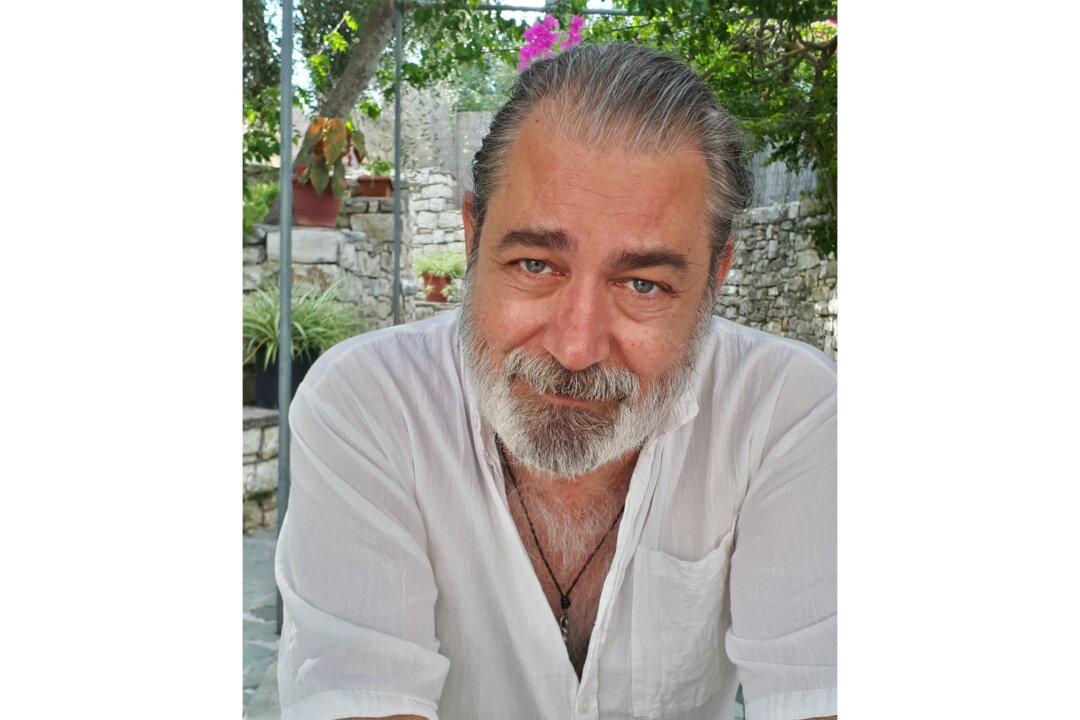Over dinner tonight in Washington D.C., I fell into a discussion with a little group of dissident doctors about what is going on in the world, and we returned to the same questions we’ve been trying to answer for the last three years. For example, why are safe old drugs like hydroxychloroquine and ivermectin suppressed with religious fanaticism?
Following the fanatical suppression of safe old FDA-approved drugs, the novel, experimental mRNA COVID-19 vaccines were forced on humanity with even more fanatical zeal, becoming objects of quasi religious reverence. Anyone who has even questioned their safety and efficacy has been relentlessly persecuted.
How to explain this confusing state of affairs? For almost three years we have investigated a range of individual human and institutional actors who seem to be playing a prominent role. We often talk about the huge pharmaceutical companies and their friends in international foundations such as the Gates and Rockefeller. They in turn seem to be part of a greater hierarchy consisting of the DOD, DARPA, the NIH, BARDA, FEMA, and the DHS. These institutions, in turn, are dependent on the vast apparatus of debt financing that is the lifeblood of all state leviathans.
At the same time, we have discussed the irrational and nonsensical behavior we have observed on a mass scale among both state and private actors. While fear has played an obvious role, it alone cannot explain the bizarre and malevolent drama we have seen.
Tonight in Washington—at the end of an evening of long discussion—we returned to our respective hotel rooms, still unsure of just what is going on and why. Why is Senator Ron Johnson virtually alone in pursuing his inquiry? Why is Dr. Peter McCullough—a mild-mannered medical scholar who mostly reads and cites peer-reviewed literature—the subject of an orchestrated and relentless campaign to strip him of every single position, credential, and certification he has attained in his long career?
Ich bin der Geist der stets verneint! Und das mit Recht; denn alles was entsteht Ist werth daß es zu Grunde geht; Drum besser wär’s daß nichts entstünde. So ist denn alles was ihr Sünde, Zerstörung, kurz das Böse nennt, Mein eigentliches Element.In English:
I am the spirit that constantly negates! And rightly so; for everything that comes into being, Deserves to perish; It would be better if nothing came into being. Everything that you call sin, Destruction, and evil, Is my true element.The ever-seeking and inquiring Faust does not recoil from Mephistopheles, but engages him in conversation, clearly wanting to learn more about him, his nature, and his motives. It’s notable that Goethe was himself a natural scientist who was particularly interested in optics and the color spectrum. Both he and his protagonist seemed to accept that there is no rational explanation for what motivates Mephistopheles—the spirit that always negates, whose true element is sin, destruction, and evil.
Mephistopheles seems to embody the strange fact that humans may participate in corrupt and destructive enterprises that don’t really make sense. No particular motive such as the desire for money or power can quite explain it. After all, what is the gratification of acquiring money and exercising power for old men who already have tons of both and few years left to live?




